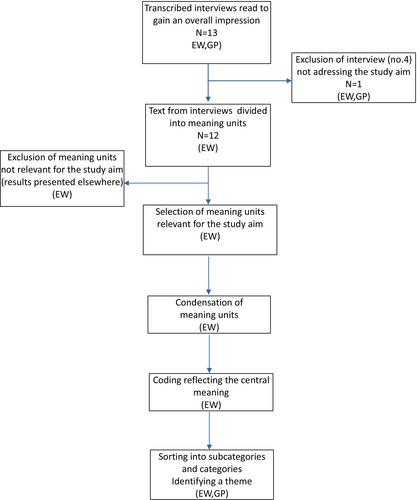The self-perceived impact of sexual abuse on daily life and general health - an issue to consider in dental care
Abstract
Background/Aim
To analyse, from the perspective of adults with a history of sexual abuse, the impact of the experience on their general health and well-being.
Material and Methods
The participants comprised 12 strategically selected informants (10 women), aged 19–56; all sexually abused during child- and/or adulthood. They were interviewed in-depth and encouraged to describe the impact of the sexual abuse on their daily lives. The consequences of sexual abuse on oral health have previously been reported. The interviews were recorded digitally, transcribed verbatim and analysed according to qualitative content analysis with an inductive approach.
Results
The overall theme illustrating the latent content was Sexual abuse experience—limiting long-term consequences, always present in body and mind. The first category covering the manifest content was ‘A lost foothold’, with two subcategories: (i) emotional repercussions and (ii) physical health repercussions. The second category was ‘The significance of distance to trauma’, with two subcategories (i) keeping a distance and tending to escape and (ii) processing the trauma experience—a struggle towards balance.
Conclusions
A history of sexual abuse cannot be understood in isolation: the long-term repercussions pervade daily life. However, after disclosure of the abuse and processing the trauma, it is possible to ameliorate some of the negative effects. In this context, the dental setting emerges as a potentially important venue for disclosure as almost every person, sooner or later, visits the dentist.


 求助内容:
求助内容: 应助结果提醒方式:
应助结果提醒方式:


